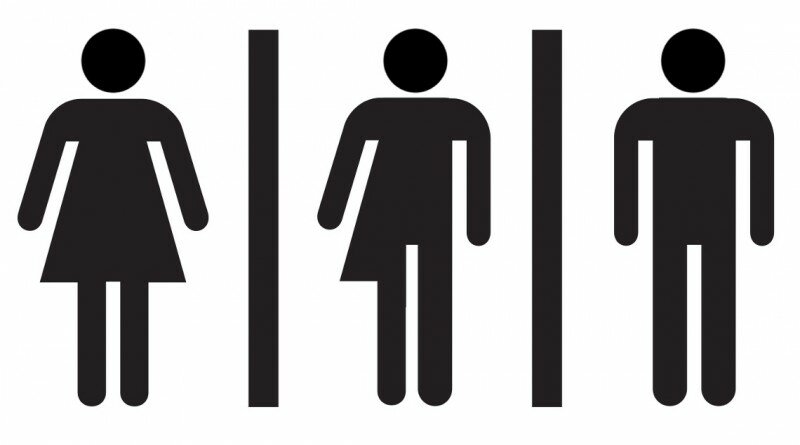Kenya marks Intersex Awareness Day
By Beth Nyaga
Today, 26th October 2016, Kenya marks the international Intersex awareness day.
The day is set aside to create awareness on the Intersex community that is often stigmatised for its gender ambiguity brought about by the fact they are born with a complex form with either two sex organs (male and female) or one visible organ while the other is hidden, malformed or deformed but present.
According to Child Rights International Network, an estimated 20,000 Kenyan Families are faced by that moment of confusion when they bear a child with intersex traits and is made worse by a lack of knowledge and peer support.
Boy or girl?” It’s the first question many new and expectant parents hear from their families, friends and co-workers, more than 98 per cent of the time, the answer’s clear cut: it’s one or the other.
Too often, this is the moment when parents come under pressure to agree to surgery aimed at so-called “normalizing” their baby.
Others immediately begin to see their children as a curse from the gods and reject the baby.
Those who have opted for surgery are usually convinced – based on what they’ve been told – that they’re doing what’s best for their child.
Few receive counseling or have an opportunity to speak with intersex children and adults or with other parents in a similar position – if they did, they would then realize that the child’s gender definition is defined by more that the physical representation of the genitals.
On 24th October 2016, the UN published a statement for Intersex Awareness Day, signed by UN Treaty Bodies, Special Rapporteurs and experts, the African Commission on Human and Peoples’ Rights, Council of Europe Commissioner for Human Rights, and Inter-American Commission on Human Rights.
Signatories have urged Governments to prohibit harmful medical practices on intersex children, including unnecessary surgery and treatment without their informed consent, and sterilization.
Intersex children and adults should be the only ones who decide whether they wish to modify the appearance of their own bodies.
They should have access to support as well as to medical services that respond to their specific health needs and that are based on non-discrimination, informed consent and respect for their fundamental rights.
Thousands of children born with intersex conditions have been suffering silently, having to bear the burden of not being recognized by the law or socially.
For the first time ever in Kenya, nominated MP Isaac Mwaura in collaboration with The Kenya National Commission on Human rights ( KNCHR), The National Gender and Equality Commission (NGEC) and Gamafrica Foundation presented a petition in government seeking to have the intersex community recognized within the policy frameworks of the constitution.
The petition sites that there are many things that Kenyan government could do and should do to protect intersex people from harm – including banning unnecessary medical procedures on intersex babies, establishing medical protocols on informed consent, providing relevant training to doctors, and strengthening anti-discrimination laws.





